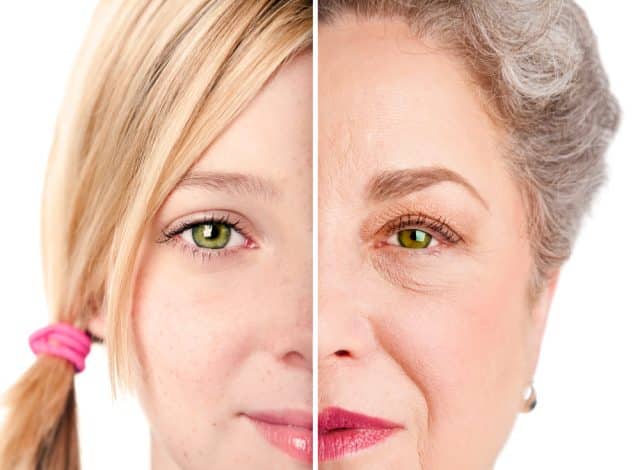Facial recognition -- the good, the bad and the getting older

Your friends may not be willing to tell you that you're looking older, but facial recognition systems have no such reservations.
Face-recognition algorithms might struggle to identify you as the same person after just five years, according to the New Scientist.
As we increasingly turn to biometrics to secure our systems, the team at Ping Identity has been looking in more detail at the pros and cons of facial recognition systems.
Accuracy is increasingly high with Google FaceNet being 99.63 percent accurate when matching 13,000 pictures of faces from across the web, and Facebook's DeepFace technology having a true positive rate of 97.25 percent.
However, it isn't infallible, in 2019, hackers cracked Apple's iPhone FaceID user authentication in around two minutes. Data stored in biometric recognition systems also needs to be properly secured to prevent it falling into the wrong hands. And there are privacy concerns, firms may share or even sell facial data to third parties, allowing them to recognize and follow you.
Because the technology relies on algorithms there's also a risk that it can develop unconscious racial and sexual biases depending on the data used to train it and the numbers in the database. Also, as noted above, additional images may be needed regularly to cope with ageing and changes in appearance.
Zain Malik at Ping Identity says, "Facial recognition systems play an increasingly important role as effective biometric security. Although facial recognition technology is rapidly evolving and finding a number of applications in various market sectors, it is still not flawless. Face recognition technology is constantly being improved, which means that the percentage of errors will become lower and lower."
You can find out more about identity verification on the Ping Identity blog.
Image credit: phakimata/depositphotos.com
